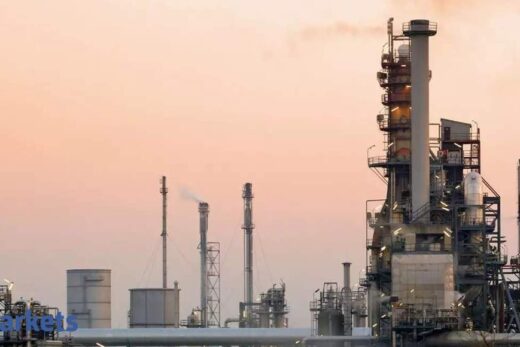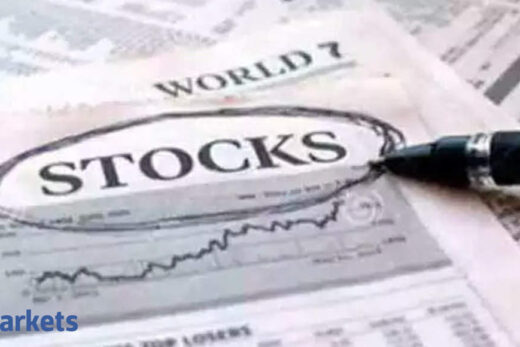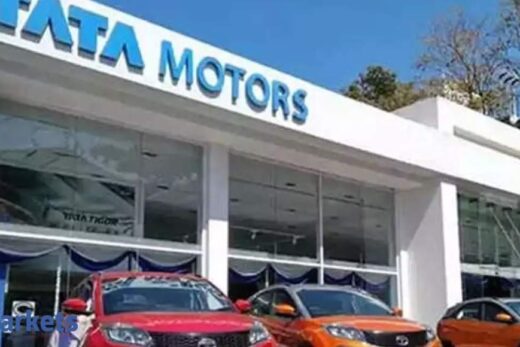Addressing the automaker’s employees at the customary ‘All Hands Meet’ on the first day of the fiscal year on Thursday, Chandrasekaran said he was not very hopeful of strong growth at the beginning of the year, which started with zero sales amid lockdown. There was also the overhang of the transition from the BS-IV emission standards to BS-VI, and the economic slowdown.
“Given the unpredictable times, the passenger vehicle business has performed extremely well exceeding the expectations. It was a challenging year, yet the company has performed well,” he said, according to one of the people who listened to his address delivered on a video call.
Traditionally, the chairman addresses employees from the Lakehouse at Tata Motors’ facility in Pune, but it was held over video this time due to the pandemic.
 Agencies
AgenciesAfter posting a 30-40% decline in both passenger and commercial vehicle sales in fiscal 2020, underperforming the overall market, Tata Motors has bounced back significantly in the just-ended fiscal year. While the CV segment was still in the red, the passenger vehicle business posted its highest sales in nine years, to end fiscal 2021 as the third largest behind Maruti Suzuki and Hyundai Motor with a market share of 8-9%. In fiscal 2020, it had a market share of around 5%.
“We want the business to get into the dominant position. We are ideally placed to grow in the future and we should be aggressive to grab a higher share in the marketplace. We need to be aggressive in our approach, at the group level. We have a huge opportunity ahead of us, it is up to the company employees to make the most of the opportunity presented by the market,” the person, among several employees ET spoke to, quoted Chandrasekaran as saying.
He urged the employees to take an aggressive stance and said the company should maximise on the current momentum and aspire “for a higher share” of the market.
“The only way to play a significant role in the industry is by playing a dominant role. There are many areas where Tata Motors can take lead — like EVs (electric vehicles) and safety, and shape the market,” he added.
“The only way to play a significant role in the industry is by playing a dominant role”
Ratan Tata, the Tata Group chairman-emeritus who also addressed the employees, said he always had faith in the growth potential of the car business. He asked the employees to pursue future opportunities “fearlessly”.
When contacted, a Tata Motors spokesperson told ET: “The All Hands Meet is an internal event and we will not comment on internal matters.”
Chandrasekaran reminded employees that it was the push from Ratan Tata to grab the government’s order for electric vehicles which gave a kickstart to the EV business of the company.
“Many experts said it cannot be achieved in such a short span of time, but we made it possible, thanks to the encouragement from Mr Tata,” he said, according to the person.
The annual event that went on for over an hour started with an address by Tata Motors managing director Guenter Butschek, followed by speeches of Chandrasekaran, Ratan Tata. More than 10,000 employees joined the webcast.
Probably making his last speech at the annual gathering, Butschek, who is set to leave Tata Motors in June, said the company needed to ensure that it is heading in the right direction.
The MD said the future would be all about connected and safe vehicles, two areas where the company had invested in the past.
For the first time in a decade, Tata Motors will be delivering an operational profit for the passenger vehicle business in the just-ended fiscal 2021. The top management at Tata Motors assured the employees that the company would follow a normal increment cycle this year.
The management said subsidiarisation of the passenger vehicle business would go ahead as per schedule and would be operationalised by June. They explained that the idea behind this was to prepare the company for the future — so that the new structure can allow for an easy entry of a partner in the future.
Even as the push on volumes will continue, cost-cutting initiatives will not slow down and there will be a further push on efficiency improvement at both passenger and commercial vehicle businesses.
The booking momentum at Tata Motors passenger vehicle business continues with the waiting period stretching into 6-8 weeks for all models. On the commercial vehicle front, there is a strong sequential recovery and the company is hoping to grow over 30% this year.



